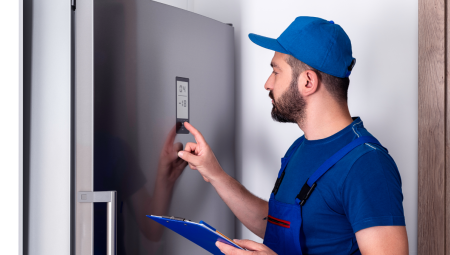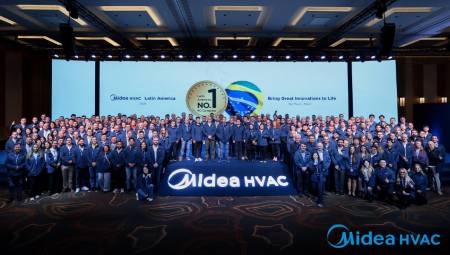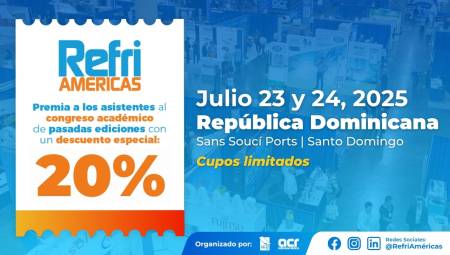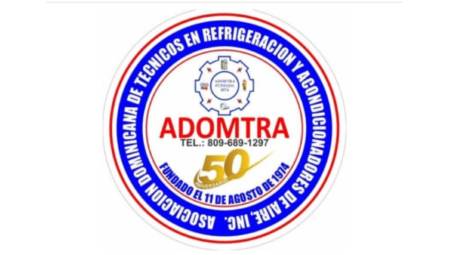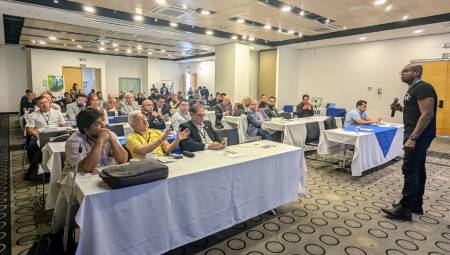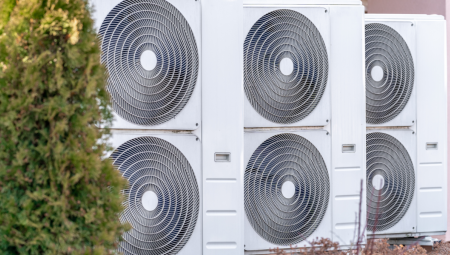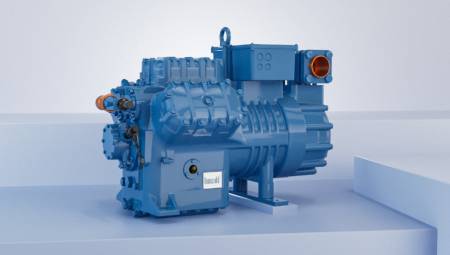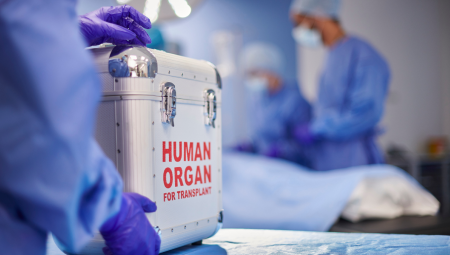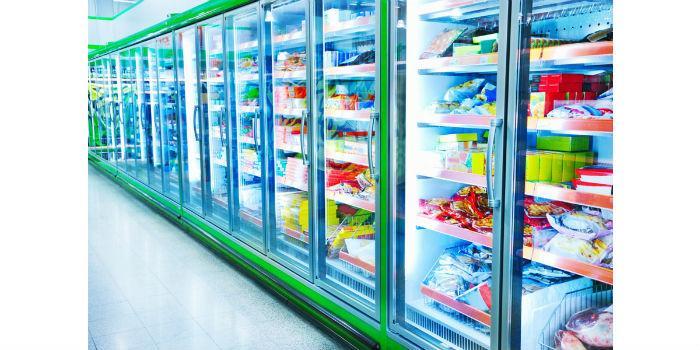 International. According to a new report from the University of Birmingham (UK), the growing global need for cooling by 2050 could cause global energy consumption for cooling to increase fivefold as the number of refrigeration appliances quadruples to 14 billion.
International. According to a new report from the University of Birmingham (UK), the growing global need for cooling by 2050 could cause global energy consumption for cooling to increase fivefold as the number of refrigeration appliances quadruples to 14 billion.
This new report aims to provide, for the first time, an indication of the scale of the energy implications of 'Cooling for All'.
Effective cooling is essential to preserve food and medicines. It is the foundation of industry and economic growth, is key to sustainable urbanization, as well as provides a ladder out of rural poverty. With important areas of the world projected to experience temperature increases that place them beyond what humans can survive, refrigeration will make much of the world bearable — or even safe — to live in. With populations on the rise, growing urbanization and climate change impacting more frequent heat waves and temperature increases, the demand for more cooling will increase in the coming decades.
Currently, there are 3.6 billion cooling devices worldwide and the authors of the University of Birmingham report predict that the 14 billion devices needed by 2050 will consume five times the amount of energy currently intended for refrigeration use.
The report – A Cool World – Definition of the Energy Puzzle of "Cooling for All" (PDF) – states that, by 2050, if we are to meet our Paris climate targets to keep the temperature rises to 2°C, total energy consumption for cooling must be limited to 6,300 TWh. Without action beyond current technological capabilities and efficiency gains, cooling could account for 19,600 TWh of energy consumption per year, versus a current annual use of 3,600 TWh. Even with new technologies incorporated, the annual energy requirement will be 15,500 TWh.
The report indicates that, along with the goal of reducing global demand, if we are to meet our climate targets a totally new approach to the cooling system is necessary, recognizing the free and hot and cold resources available and the incorporation of new technologies, data connectivity, Thermal energy storage to meet demand in the most efficient way.
Professor Toby Peters, author of the 'A Cool World' report from the University of Birmingham's Energy Institute, said: "Current projections do not consider a 'cooling for all' scenario and it will be impossible to meet the UN Sustainable Development Goals as well as the Paris climate change targets. If we're going to meet any of these, relying on the efficiency of technology and the greening of electricity won't be enough."
"The challenge now is how to start with a system-led approach, better leverage a portfolio of energy resources and embrace new technologies. To achieve this, we have to start by asking ourselves no longer: "how much electricity do we need to generate?", but "what is the service we need and how can we provide it in the least harmful way?".
The report concludes that:
- Under the current scenario, 19 refrigeration appliances per second will be sold over the next 30 years; but this will not offer 'Cooling for All'.
- By 2050, we would need a total of 14 billion refrigeration appliances worldwide to meet demand, some 4.5 billion additional devices compared to the baseline forecast of 9.5 billion, or four times more units of refrigeration equipment than are currently in use.
- "Greening" the volume of electricity required would consume more than 80% of the International Energy Agency's total projected renewable capacity by 2050 and more than 100% in the event that we fail to achieve accelerated technological progress.
According to the report, if we are serious about refrigeration demand, the key stages in moving towards a solution for cooling demand are:
- Reduce the energy required for cooling: getting the industry to adopt high-efficiency cooling technologies and the use of maintenance to deliver optimal performance.
- Reduce the need for cooling through better construction design
- Systems-level thinking across the built environment and transportation
- Harnessing waste resources: "bad time" renewables; wastes cold; and wastes heat
- Taking into account the strategies and skills needed to install the devices and maintain them in order to maximize efficiency and reduce energy demand
- Create a model to provide affordable cooling to rural and urban communities based on the energy needs of local requirements, rather than imposing a "one size fits all" approach.
Data Source Provider: University of Birmingham.




